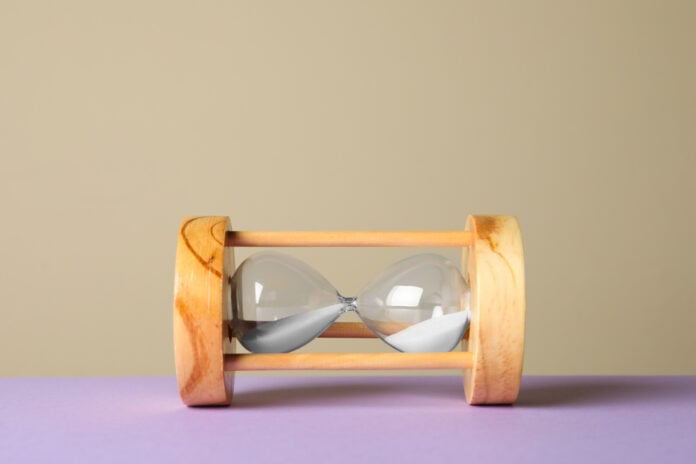Each year, 1.3 million women enter menopause, and by 2025, there will be roughly 1.1 billion postmenopausal women worldwide. It’s an incredible number, but what’s more impressive are the predominantly Gen X women who have made their way through life pushing taboo issues to the forefront with the Eurythmics hit “Sisters Are Doin’ It For Themselves” as their mantra.
Otherwise known as “The Lost Generation,” women facing menopause today are trailblazing a path instead of being led by fear and uncertainty. This isn’t to say women don’t have concerns or unanswered questions – quite the contrary. But what’s important to note about this generation of women is that they’re rebranding, rewriting, and reconfiguring what menopause looks like, feels like, and can be. In a climate where women’s health is regularly overlooked and underserved, and many women are forced to seek their own answers, Gen X women are changing the conversation.
In an essay for the New Yorker titled “Where Are All the Books About Menopause?” author Sarah Manguso discusses the subjective erasure of women in menopause and how we see women in society. “We are culturally prepared to perceive women’s natural aging as uninteresting at best, pathological at worst—deserving of dismissal or disgust or both.”
This rings a familiar bell for Gen X women raised by Boomers with the philosophy that we should suffer in silence and shame is the final destination. But Gen X women have outgrown these philosophies, and their cry for change is felt in today’s medical landscape.
This is where the telehealth model comes in. With the pandemic shutting down in-person healthcare services, we’ve witnessed a surge in telehealth as a necessity rather than a choice. The field of women’s health and menopause was no exception. The growing options have not only ensured continued care, but they’ve also encouraged a different model than the standard women have grown accustomed to. Spurred on by a genuine desire for education and solutions around emotional, physical, and mental health in menopause, it’s no surprise that advancements in menopause care have saturated the wellness market.
Telehealth is granting women more access to services and information than ever before, and in doing so it has given a voice to women seeking alternative answers. Services range from 24/7 access to physicians via messaging, to online spaces to connect with other women via social platforms. Winona, a leading telehealth company for menopause, offers a free community group for women seeking support during the menopause transition, as well as peer-reviewed articles on numerous topics. These spaces encourage women to share their experiences, which in turn helps to deconstruct the narrative that many women have internalized and destigmatize this rite of passage.
Winona OB/GYN, Dr. Cathleen Brown, said, “So many of my patients had discussed how they previously felt dismissed by their physicians when they brought up perimenopausal symptoms…[and] patients repeatedly express gratitude for how Winona has helped them improve their quality of life.”
This feeling of dismissal is shared by many and to some degree is born of the patriarchal lens through which women’s healthcare has historically been viewed. Telehealth disrupts this paradigm by putting women back in the driver’s seat. The ever-emerging choices give women the freedom to evaluate which providers are actually a good fit, and the remote nature of telehealth cultivates an opening where it feels safe to be authentic and candid.
The X Generation just wants to navigate this journey with grace, confidence, and the resources they need to show up for themselves. The question of “how” is becoming clearer, with telehealth as part of the equation. More women are stepping up to the plate, ready to take their health into their own hands and change the narrative around menopause. Being an advocate for yourself is something latch-key kids learned as a survival mechanism, and today it’s serving them well as they traverse these uncharted waters. Having been left in the dark about what to expect and when, they have an insatiable desire for answers, options, and a rebirth of agency that involves real conversation and human connection. It’s not a lot to ask. And now, it seems they may finally get what they’ve been looking for.
Angela Stubbs is a writer and content producer. Sarala Mahlin Korn is writer/managing editor at Outliant. Learn more about Winona via byWinona.com.

